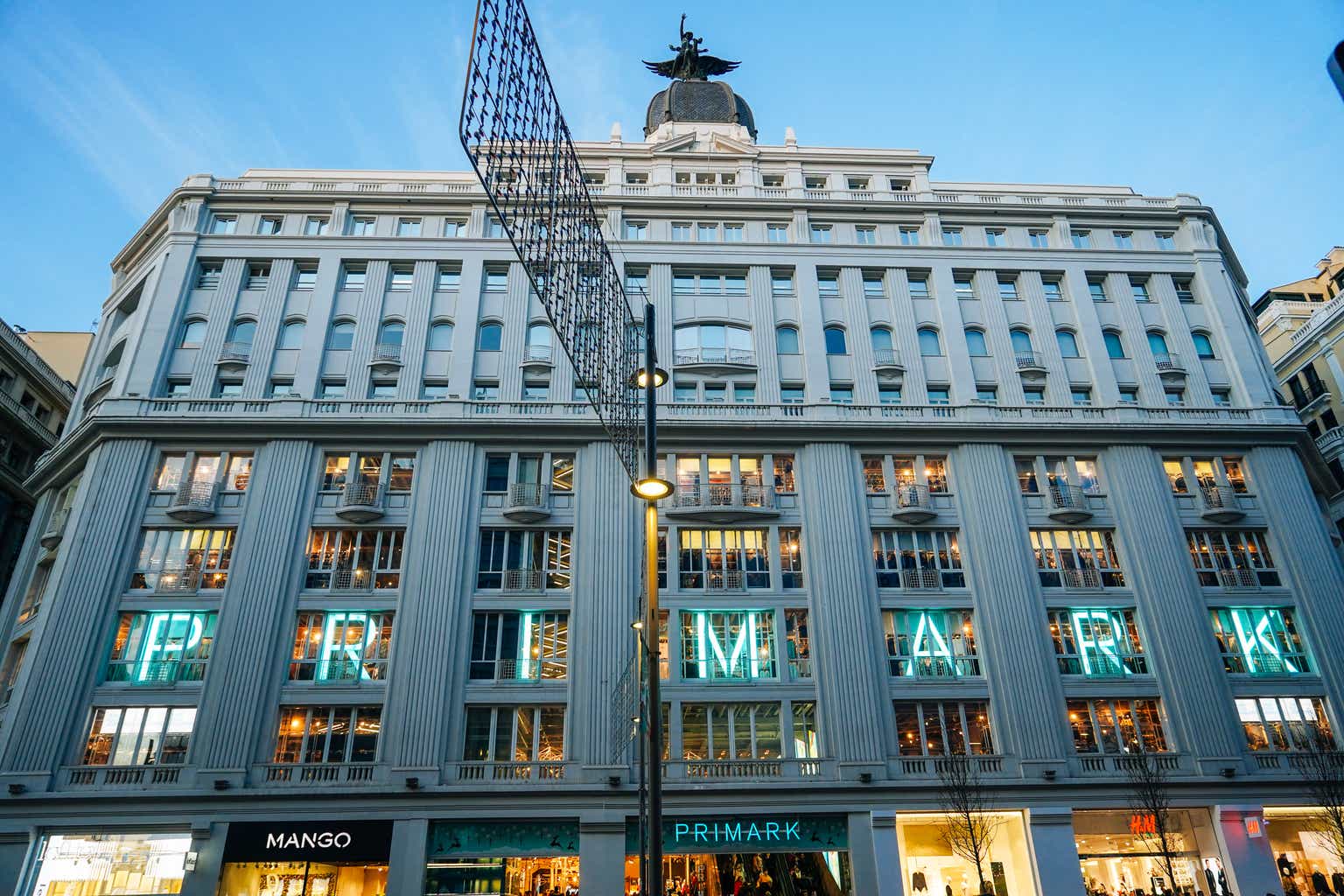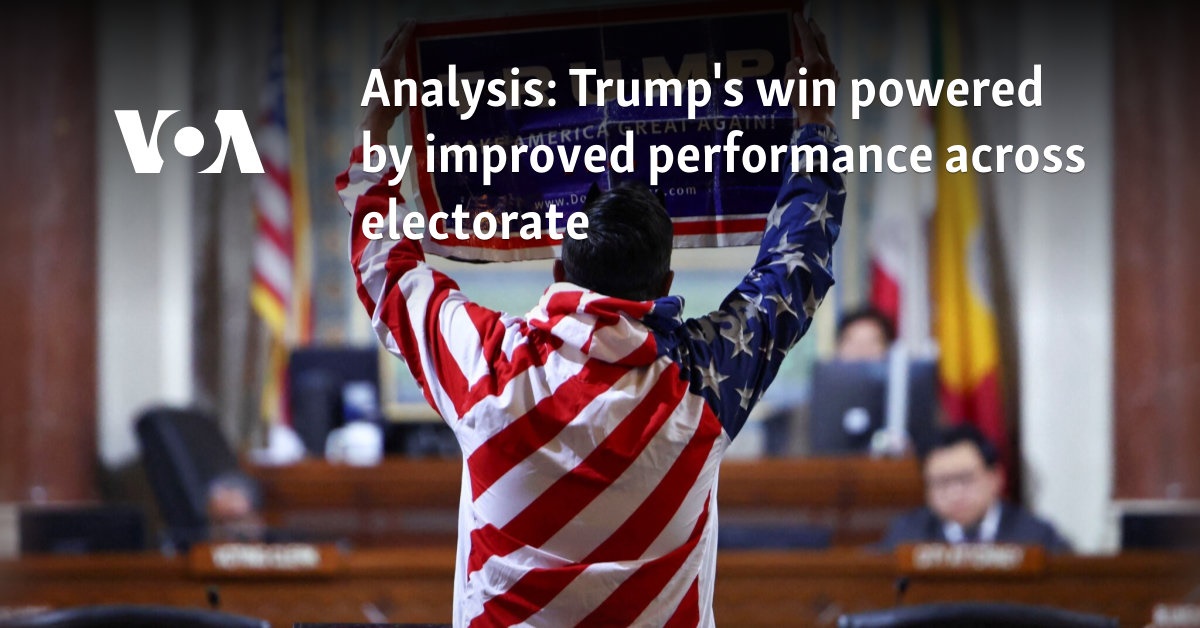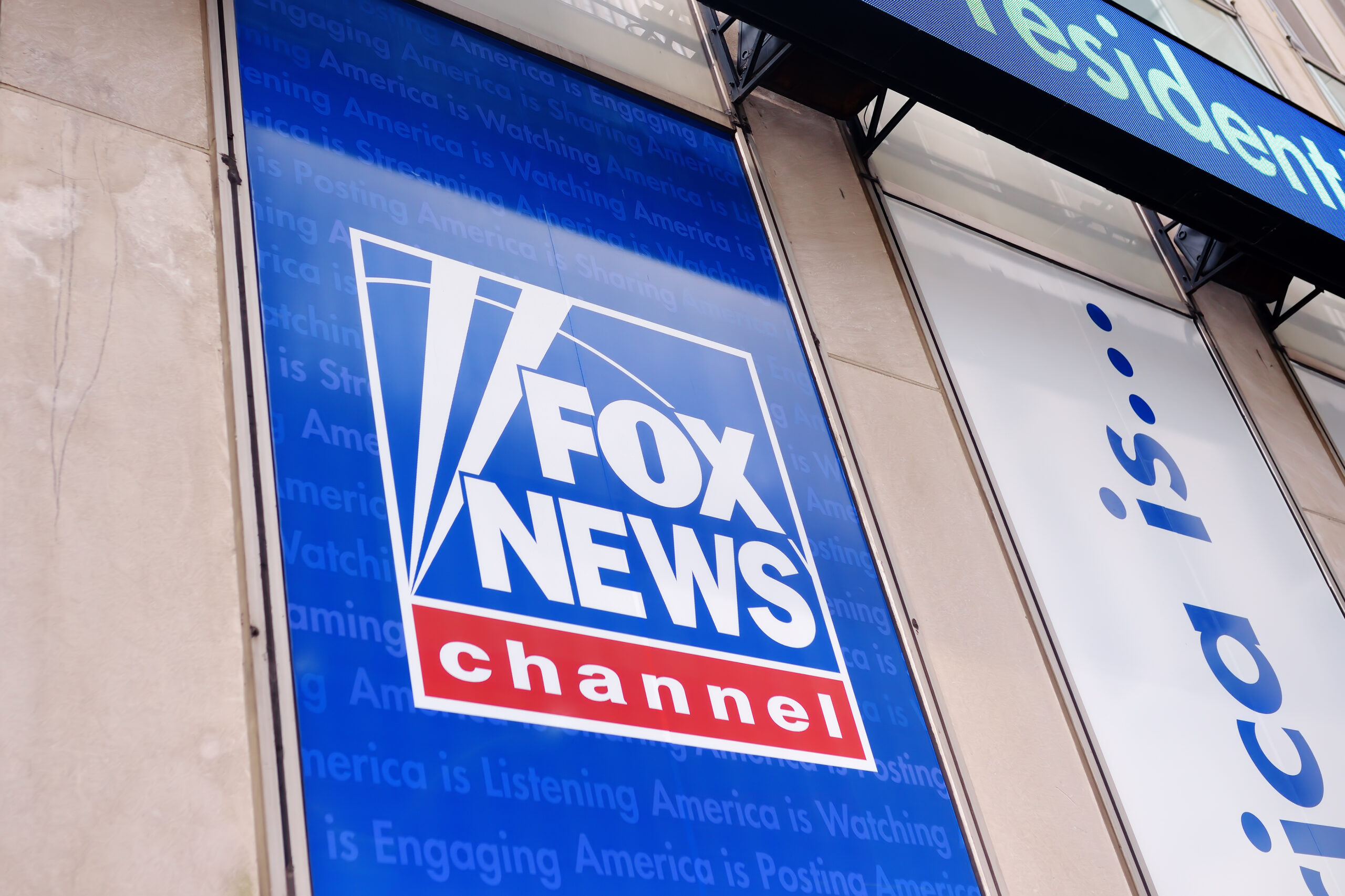The recent dismissal of the two federal indictments against Donald Trump marked the end of a prolonged and contentious legal battle. However, far from being a victory for justice, the move revealed a troubling reality: it wasn’t the Supreme Court that allowed Trump to avoid accountability—it was the inaction and delays within the Department of Justice (DOJ) under Attorney General Merrick Garland. Critics are now questioning whether Garland’s hesitation to act swiftly and decisively has emboldened Trump and put American democracy at risk.
Special Counsel Jack Smith’s motion to dismiss the charges against Trump—citing DOJ policy barring the prosecution of a sitting president—came as a bitter disappointment to those who had hoped the former president would finally be held accountable for his role in the January 6 insurrection and his mishandling of classified documents. Despite the gravity of the charges, the case fizzled out with a mere two-page order from a judge. This anti-climactic conclusion is fueling criticism of the DOJ’s failure to act in time, and many are pointing the finger squarely at Garland’s leadership.
Rep. Adam Schiff (D-Calif.), a former member of the January 6 Committee, wasted no time in calling out Garland’s lack of urgency. He argued that the DOJ’s slow response allowed Trump to evade justice, undermining the foundational principle that no one, not even a former president, is above the law. Rep. Dan Goldman (D-N.Y.) echoed these concerns, stating that if Garland had initiated investigations earlier or pressed harder against delays in the courts, Trump might have faced consequences long before his presidential campaign began.
Garland’s leadership has been called into question from the moment he took office. While Garland is known for his cautious and deliberative approach, critics argue that, in this case, it bordered on negligence. “The risk was foreseeable,” said Ankush Khardori, a former federal prosecutor who has closely followed the case. “We knew from the outset that Trump was playing for time. Garland’s inaction made it easy for Trump to run out the clock.”
Trump, known for using legal tactics to delay and obstruct investigations, has long leveraged the judicial system to avoid facing the consequences of his actions. Garland’s DOJ was repeatedly outpaced by Trump’s legal maneuvers, which ultimately allowed him to escape accountability for crimes that, according to multiple grand juries, were clearly detailed and serious.
In the case of the classified documents, DOJ delayed action for months, making several attempts to resolve the issue without resorting to search warrants. Garland’s decision to wait, even as Trump openly resisted returning the documents, gave the former president critical time to continue his obstructionist tactics. Even after a search was finally conducted at Mar-a-Lago in August 2022, the momentum of the case had already been significantly delayed.
The January 6 case presented an even greater urgency. While Garland’s DOJ focused on prosecuting the rioters, it took months before serious investigations into Trump’s own role in the insurrection were even considered. By that time, the House Select Committee had already taken the lead, conducting its own high-level investigation into Trump’s involvement. Yet, despite mounting evidence from the committee’s findings, Garland’s DOJ was slow to act, leading to months of delay and missed opportunities to secure a timely indictment.
While Garland’s defenders point to the role of the Supreme Court in delaying key decisions—particularly regarding Trump’s immunity—many critics insist the real issue was the DOJ’s failure to act with urgency from the start. The Supreme Court’s rulings on Trump’s immunity, including a decision to uphold broad protections for former presidents, may have played a role in the delays, but they were not the root cause. The true issue, as legal experts and lawmakers argue, is that Garland’s DOJ simply did not move quickly enough.
As former DOJ spokesperson Anthony Coley pointed out, “While the Court was certainly an obstacle, the primary responsibility falls on the DOJ. Merrick Garland’s failure to prioritize these cases allowed Trump to escape the consequences of his actions.”
The consequences of this delay are profound. By not acting swiftly, Garland allowed Trump to maintain his political power and run for president again. Had the DOJ moved more decisively, Trump could have been disqualified from running due to his role in the January 6 insurrection, or at least forced to face legal accountability before the 2024 election season began. Instead, Trump now appears poised to once again seek the presidency while his legal issues are pushed further into the background.
Jeff Robbins, a former federal prosecutor, expressed his deep disappointment with the outcome, lamenting that the lack of timely action has undermined the American public’s faith in the rule of law. “Nothing ever came of it,” Robbins said, referring to Trump’s well-documented crimes. “How do we explain this to the American people? It sends a dangerous message—that no one, not even a former president, will be held accountable for criminal conduct.”
The real tragedy here is that Garland’s delays weren’t just a missed opportunity for justice; they were a missed opportunity for the country to demonstrate that no one is above the law—least of all a former president who incited an insurrection. Garland’s cautious approach, while understandable in some contexts, ultimately allowed Trump to evade responsibility. And in doing so, it left the foundations of American democracy vulnerable to the same forces that have threatened them for years.
In the end, it wasn’t the Supreme Court that let Trump off the hook—it was Merrick Garland’s failure to act when it mattered most. His inaction allowed Trump to escape justice, potentially emboldening him and others who threaten the very fabric of our democracy. The consequences of this failure will likely be felt for years to come, as the erosion of accountability at the highest levels of government weakens the public’s trust in the institutions designed to protect the rule of law.
















